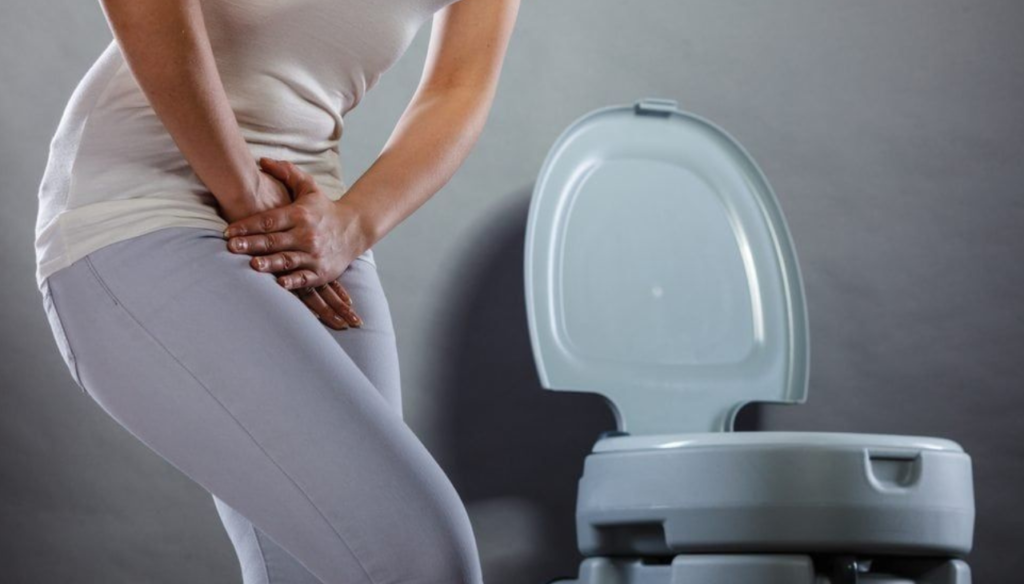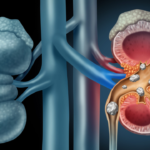
Urinary incontinence is a common and sometimes challenging condition that affects many women. While it may bring about physical and emotional hurdles, there are empowering coping strategies that can significantly improve the quality of life for those experiencing urinary incontinence. In this blog post, we’ll explore practical and effective coping mechanisms to help women navigate the daily challenges associated with urinary incontinence, with valuable insights from Dr. Dhake, recognized as the best urologist in Pune and Pimpri Chinchwad.
Open Communication: Breaking the Silence
Encouraging open conversations about urinary incontinence with healthcare providers, family, and friends can alleviate the emotional burden. Sharing experiences and seeking support create a foundation for understanding and empathy.
Educate Yourself: Knowledge is Empowerment
Understanding the causes, types, and treatment options for urinary incontinence is crucial. Empower yourself with knowledge about the condition, available therapies, and lifestyle modifications that can make a positive impact.
Pelvic Floor Exercises: Strengthening from Within
Incorporate regular pelvic floor exercises, commonly known as Kegels, into your routine. These exercises strengthen the muscles that support bladder control, providing a proactive approach to managing urinary incontinence.
Lifestyle Adjustments: Small Changes, Big Impact Making subtle lifestyle adjustments, such as managing fluid intake, scheduling regular bathroom breaks, and avoiding bladder irritants, can contribute to better control and minimize episodes of incontinence.
Wear Appropriate Absorbent Products with Confidence Utilizing absorbent products designed for urinary incontinence can provide a sense of security. Advances in technology have led to discreet and effective options that allow women to maintain an active lifestyle without constant worry.
Mind-Body Practices:
Stress Reduction Techniques Stress can exacerbate urinary incontinence. Incorporate stress reduction techniques such as mindfulness, deep breathing exercises, or yoga into your daily routine to promote overall well-being and potentially reduce incontinence triggers.
Clothing Choices: Fashion Meets Functionality
Selecting clothing that accommodates the use of absorbent products and provides easy access to bathroom facilities can enhance comfort and confidence, allowing you to focus on your daily activities without distraction.
Seek Professional Guidance: A Collaborative Approach
Consulting with healthcare professionals, including urologists or pelvic floor physical therapists, can provide personalized insights and treatment plans. A collaborative approach ensures a tailored strategy for managing urinary incontinence effectively.
Community Support: Building Connections
Joining support groups or online communities dedicated to urinary incontinence can create a sense of belonging. Connecting with others who share similar experiences provides emotional support, encouragement, and valuable coping strategies.
Maintain a Healthy Lifestyle: Overall Well-Being Matters
Prioritize overall health by maintaining a balanced diet, staying physically active within your comfort zone, and getting adequate sleep. A healthy lifestyle contributes to general well-being, which can positively influence urinary health.
Conclusion:
Living with urinary incontinence requires resilience and a proactive mindset. By embracing these coping strategies, women can empower themselves to manage the challenges associated with urinary incontinence effectively. Dr. Dhake’s expertise adds a valuable dimension to the journey, offering personalized insights and support to help women regain confidence and embrace a fulfilling life despite the presence of urinary incontinence. Remember, consulting with Dr. Dhake not only ensures access to the best urologist in Pune and Pimpri Chinchwad but also signifies a compassionate ally in your quest for improved urologic health. With the right strategies and professional guidance, every woman can navigate this journey with strength, dignity, and a renewed sense of well-being.




